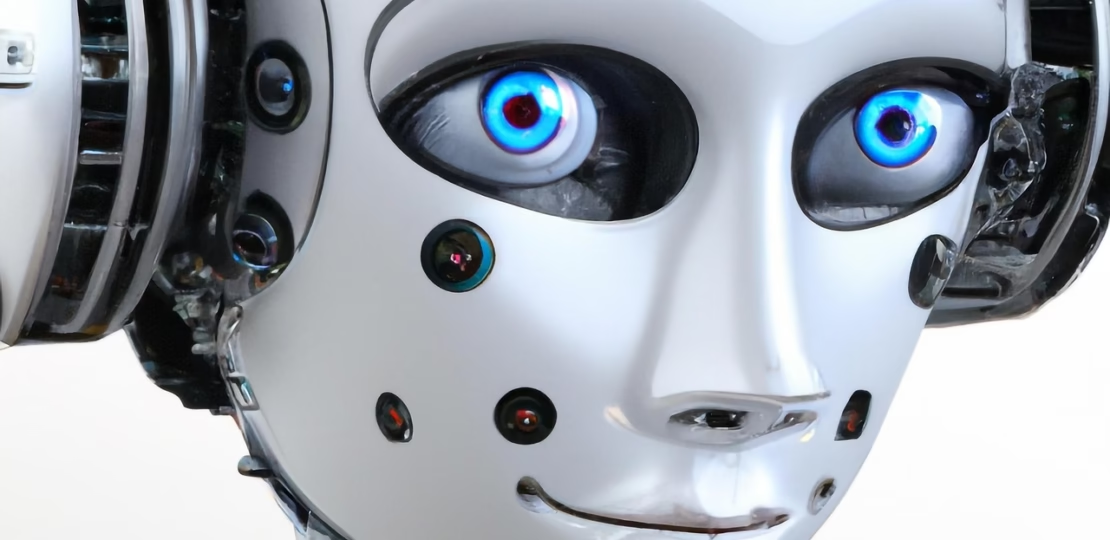“AI Survival Kit: Essential Tools and Strategies for Navigat
June 6, 2025 | by Olivia Sharp

AI Survival Kit: Essential Tools and Strategies for Navigating the AI Revolution
The AI revolution isn’t a storm on the horizon—it’s the weather you wake up to every day. As an AI researcher and advocate for practical technology, I often reflect on a simple truth: surviving—and thriving—in this era demands more than just awareness; it requires a toolkit calibrated for real-world complexities. Here, I’ll share the essential tools and foundational strategies I rely on to stay ahead, informed, and resilient in our rapidly shifting technological landscape.
The Foundations: Mindset Over Mechanics
Before diving into tools, it’s critical to anchor yourself in a mindset of adaptive learning. The specifics of AI change by the month, but a habit of curiosity and willingness to experiment are timeless assets. Cultivating ethical awareness is essential—understanding not just what AI can do, but what it should do. This lens transforms every new tool or development into an opportunity for responsible growth.
“The future of intelligent technology is created by those who combine critical thinking with continuous exploration.”
Category One: Everyday AI Utility Tools
Practical, accessible AI tools now underpin daily workflows for millions. My top picks for staying productive and adaptable:
- Notion AI — Integrates AI-powered writing, search, and summarization directly into one’s knowledge base and task management. It shines in surfaces like meeting notes or brainstorming.
- Loom AI — Transcribes, summarizes, and analyzes short video updates, enabling professionals to share ideas concisely without getting lost in email chains.
- Canva Magic Studio — Empowers non-designers to produce smart visuals and presentations, guided by contextual AI suggestions. Perfect for communicating complex ideas without design experience.
Category Two: Advanced but Approachable AI Assistants
For deeper technical or creative collaboration, next-generation AI assistants offer leverage previously unthinkable for solo professionals and small teams:
- ChatGPT (with Code Interpreter) — Quick calculations, data cleaning, and file analysis are now at your fingertips. It’s like having access to an analyst and data scientist in one browser tab.
- Perplexity AI — Sifts through up-to-date global knowledge, providing cited answers. An invaluable research copilot when accuracy and transparency are non-negotiable.
- Otter.ai — Turns spoken content—meetings, interviews, even lectures—into actionable transcripts and summaries, enabling reflection and follow-up with precision.
Strategies for Ongoing Resilience
Even with the best tools, the real survival skill is staying adaptive. Here are essential habits I advocate for:
- Skill stacking: Don’t just focus on AI literacy—combine it with your domain expertise. Unique value emerges at the intersection of human nuance and machine efficiency.
- Guardrails and self-regulation: Regularly audit the AI tools you use. Are they evolving responsibly? Do you understand their limitations as well as their capabilities?
- Community immersion: Join forums, meetups, or online groups focused on your sector’s AI applications. Peer learning accelerates adaptation and surfaces real-world insights faster than solitary experimentation.
Ethical Compass: The North Star of AI Survival
The allure of faster, better, and more efficient AI is undeniable. But as the landscape evolves, ethical navigation remains paramount. I consistently return to three core tenets:
- Transparency — Understand how your tools operate, and be honest about their uses and boundaries.
- Privacy-first mindset — Prioritize solutions that put the user’s data rights above all else.
- Impact assessment — Regularly ask how your AI deployments affect others, directly or indirectly.
“Surviving the AI era is not about resisting automation; it’s about architecting a partnership between ability and authenticity.”
The Path Ahead
Navigating the AI revolution doesn’t require a degree in computer science, but it does demand deliberate preparation. By anchoring yourself in responsible experimentation, leveraging an evolving toolkit, and nurturing an ethical compass, the AI era becomes less a source of anxiety and more a landscape of sustainable productivity.
As we stride forward—one update, one breakthrough, one challenge at a time—these strategies ensure we don’t just endure the AI revolution, but write its next chapter with confidence and integrity.

RELATED POSTS
View all



